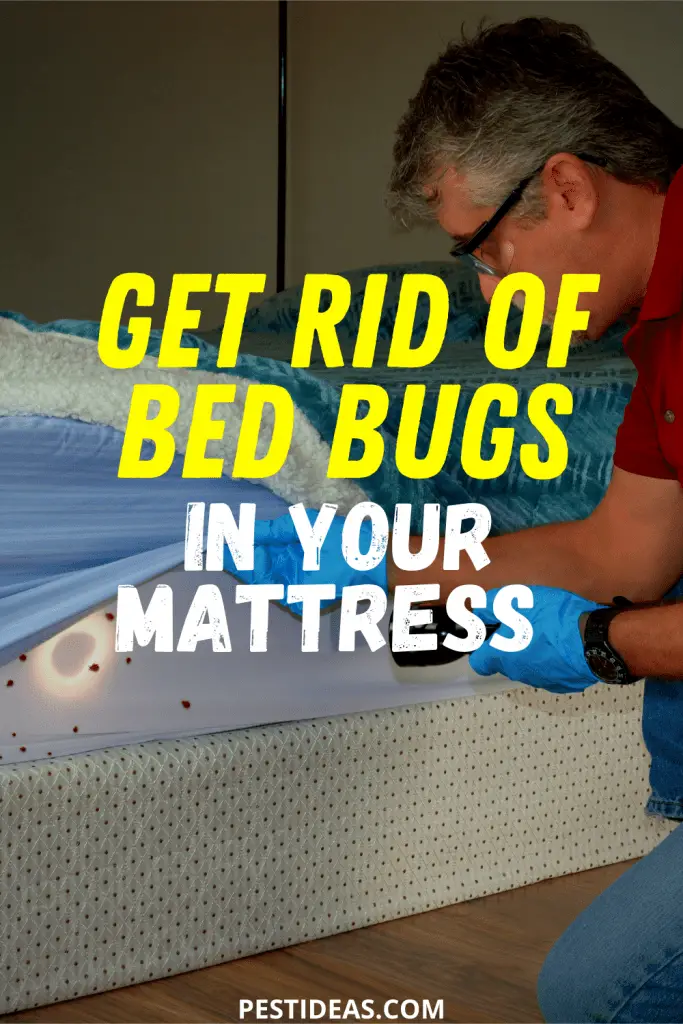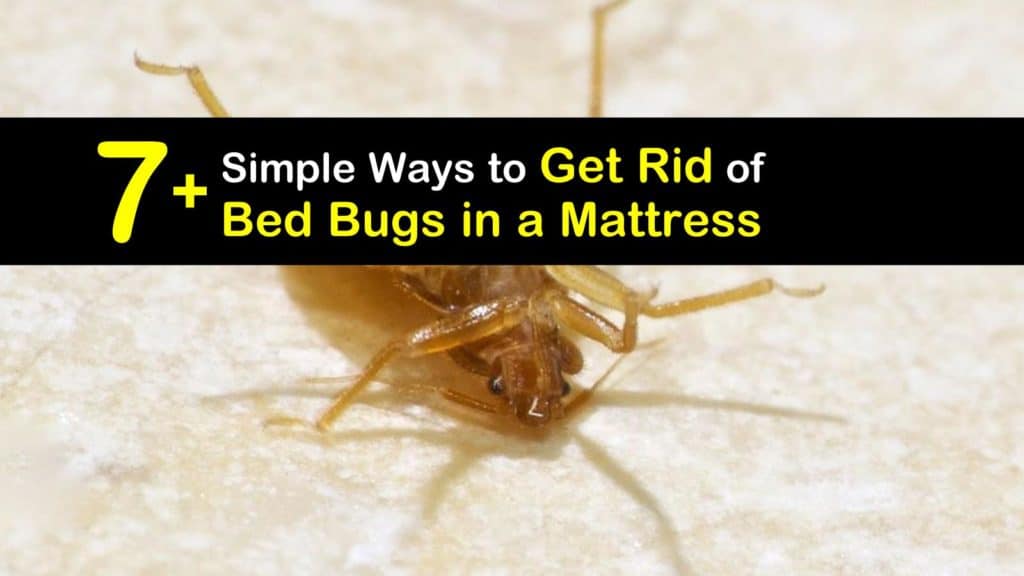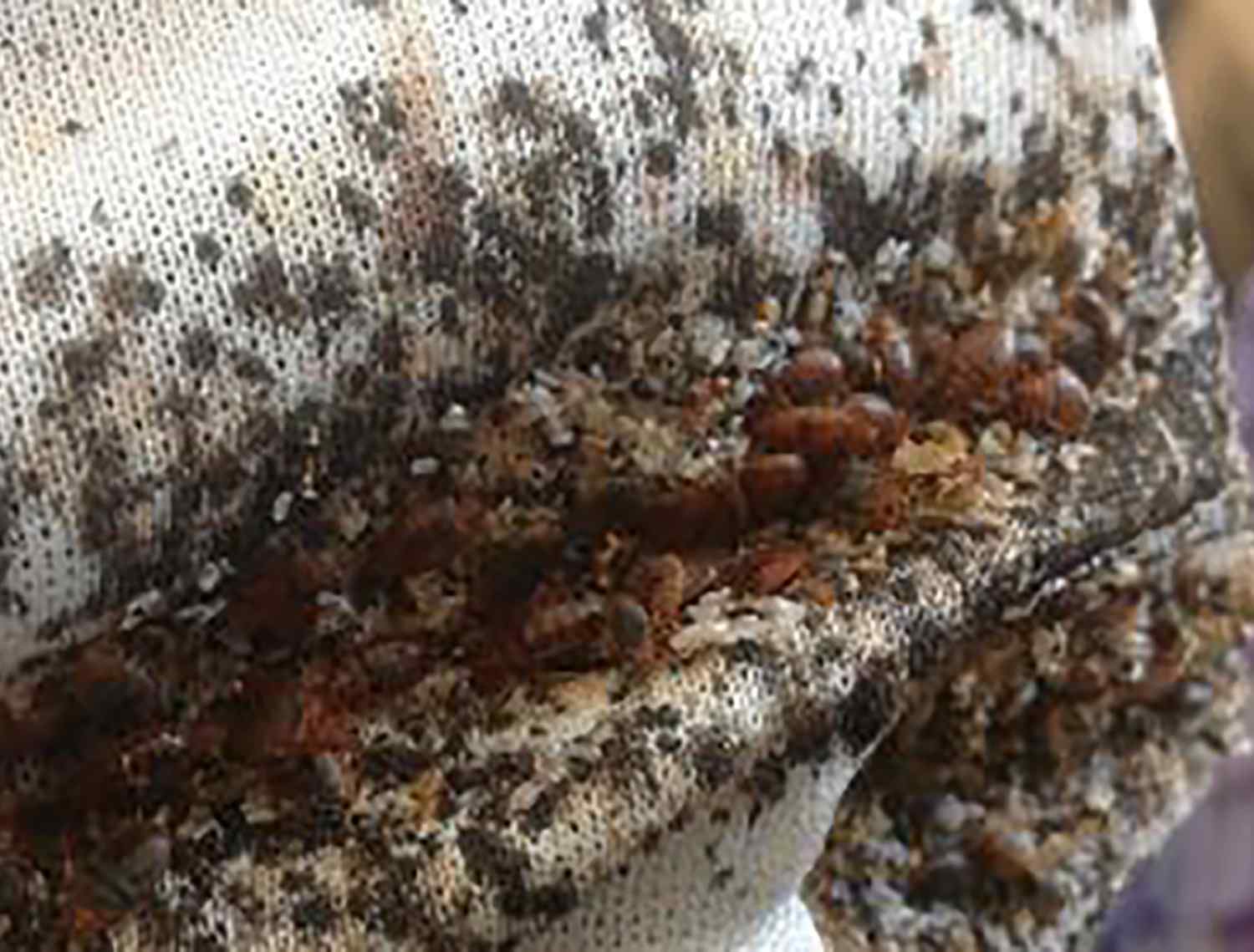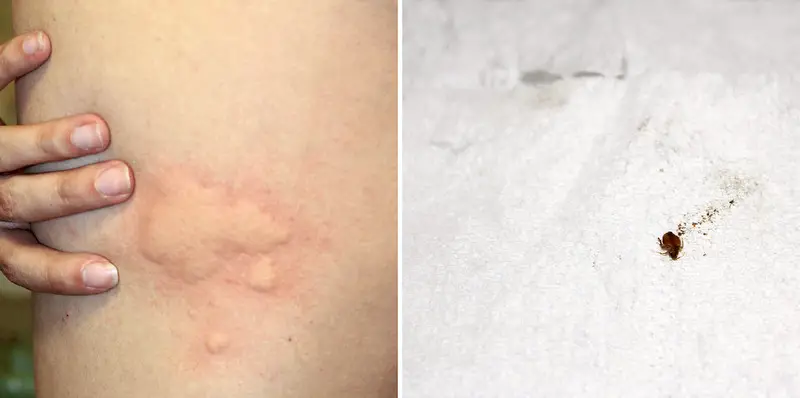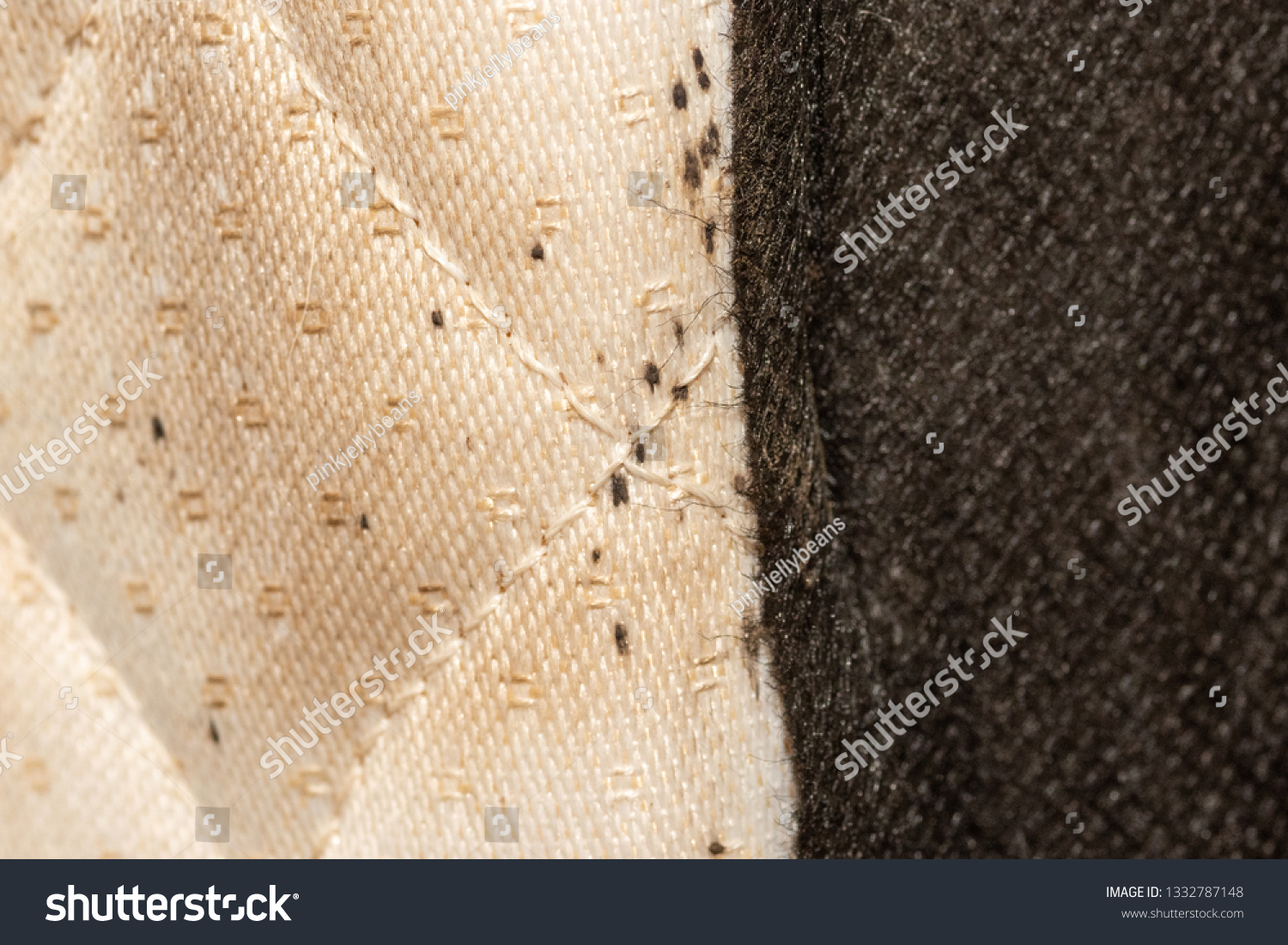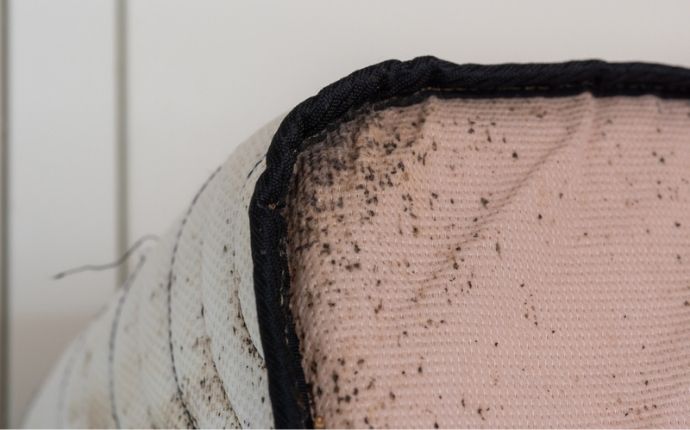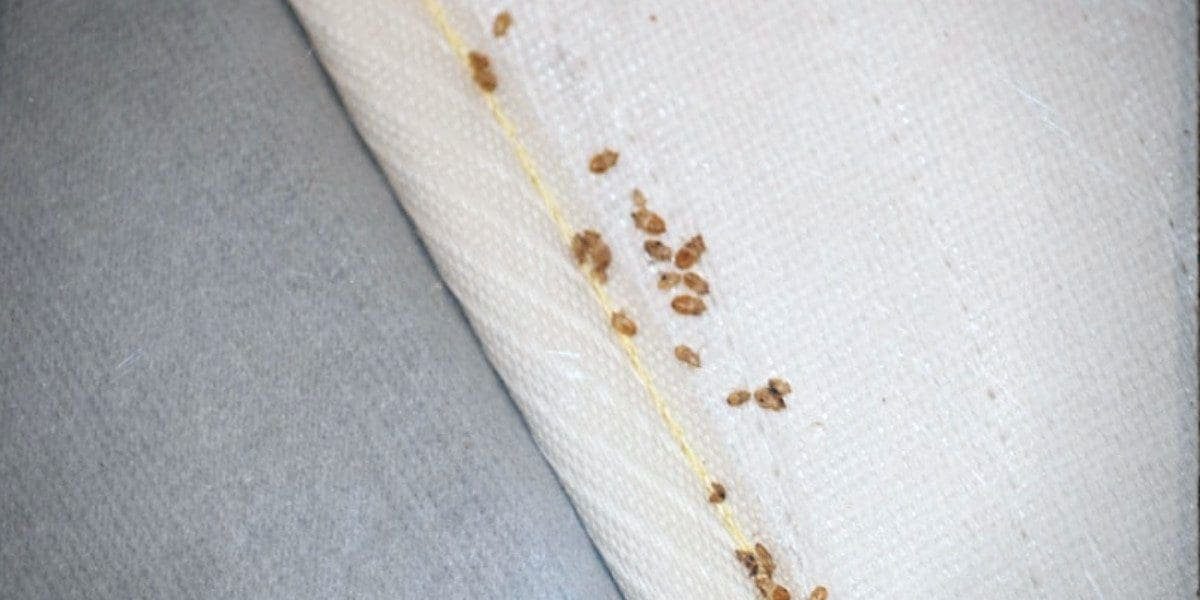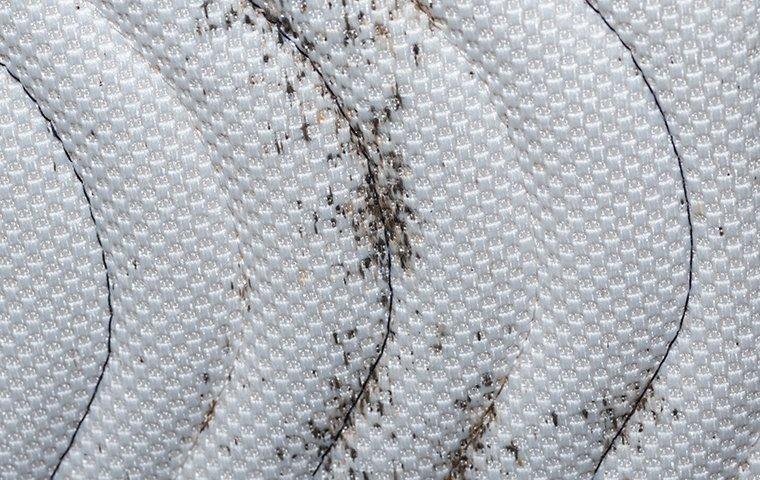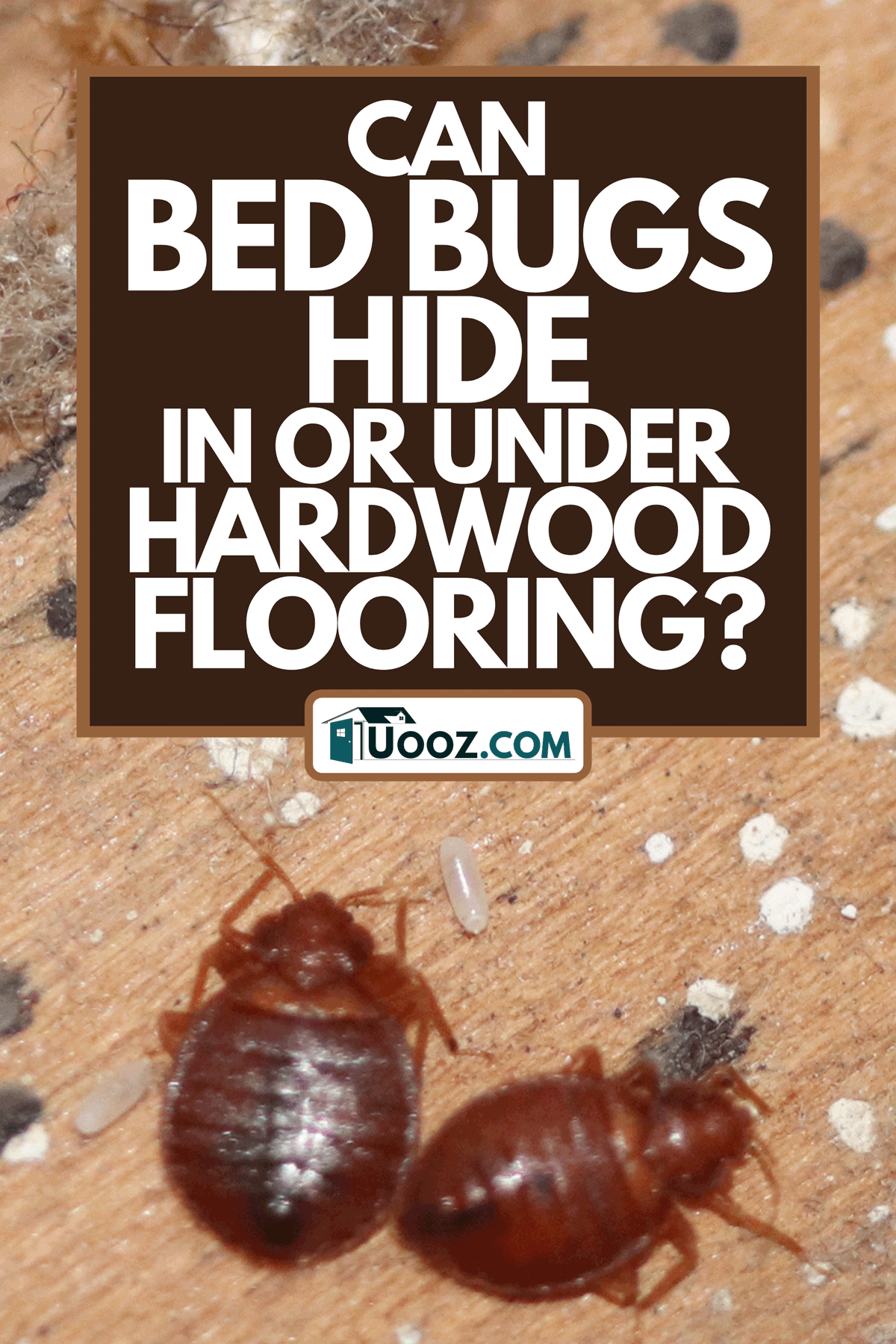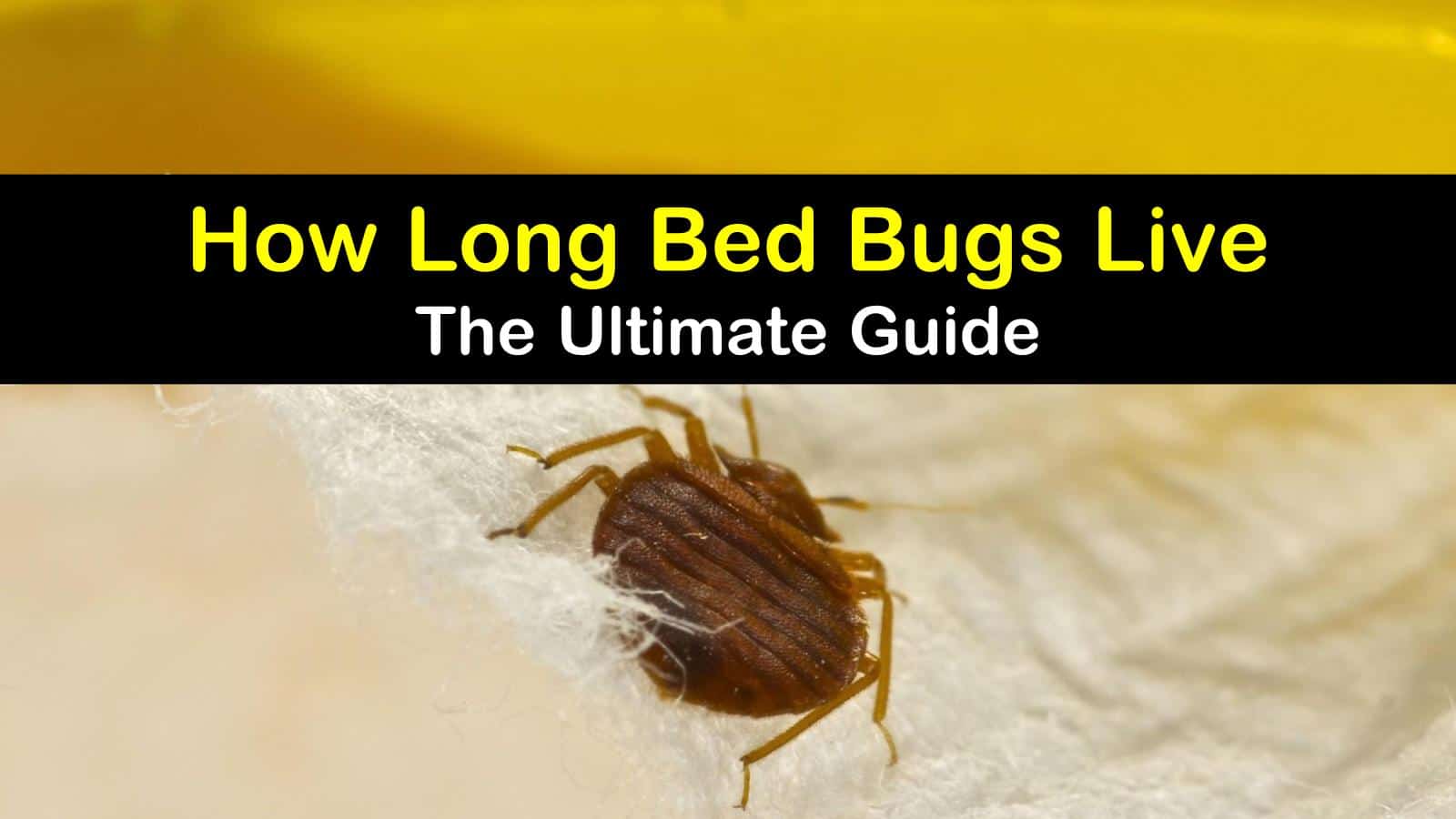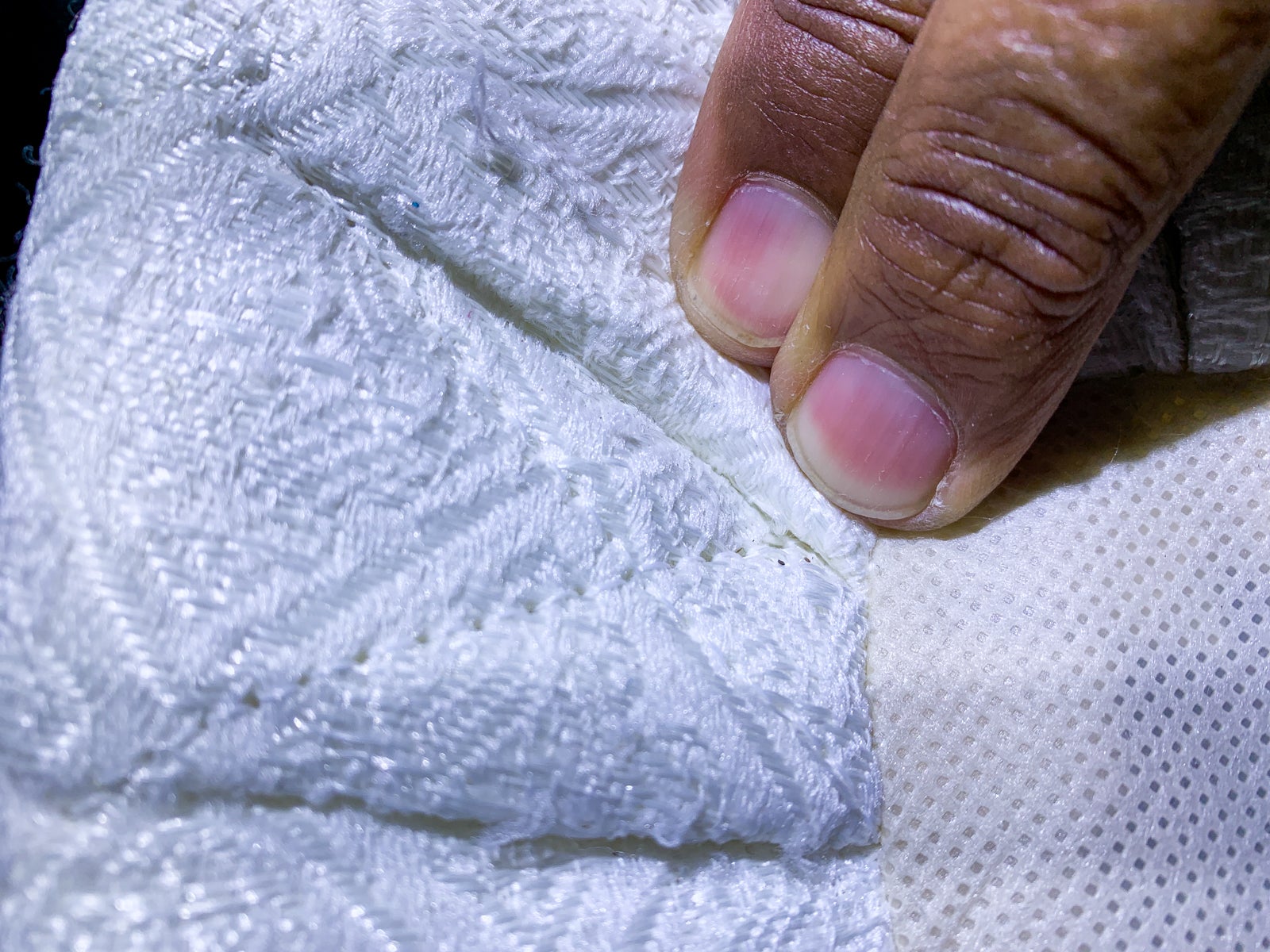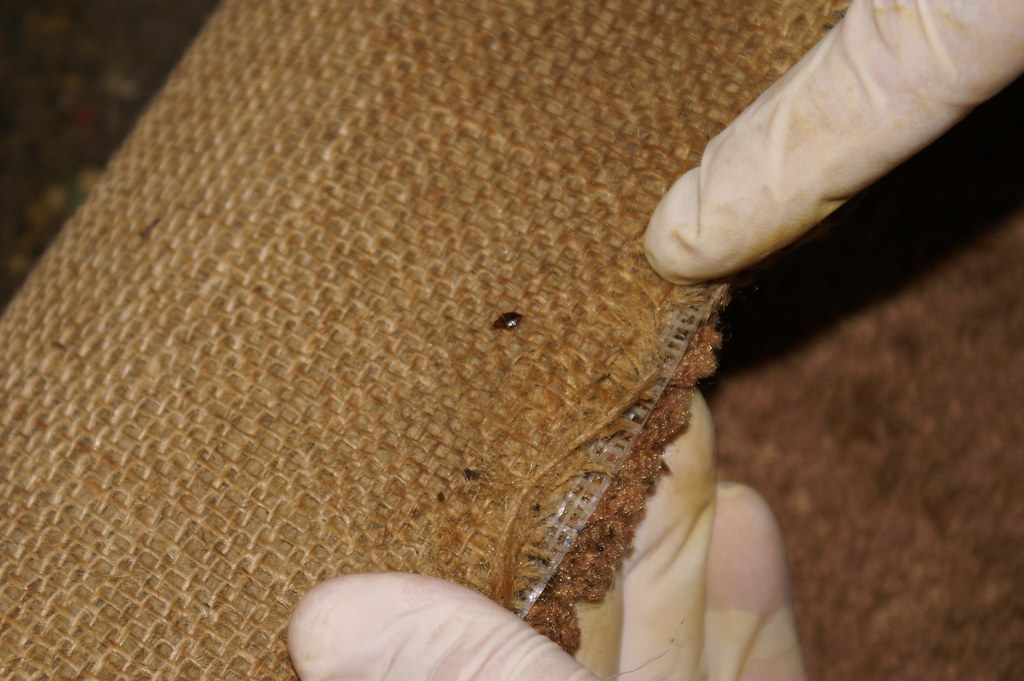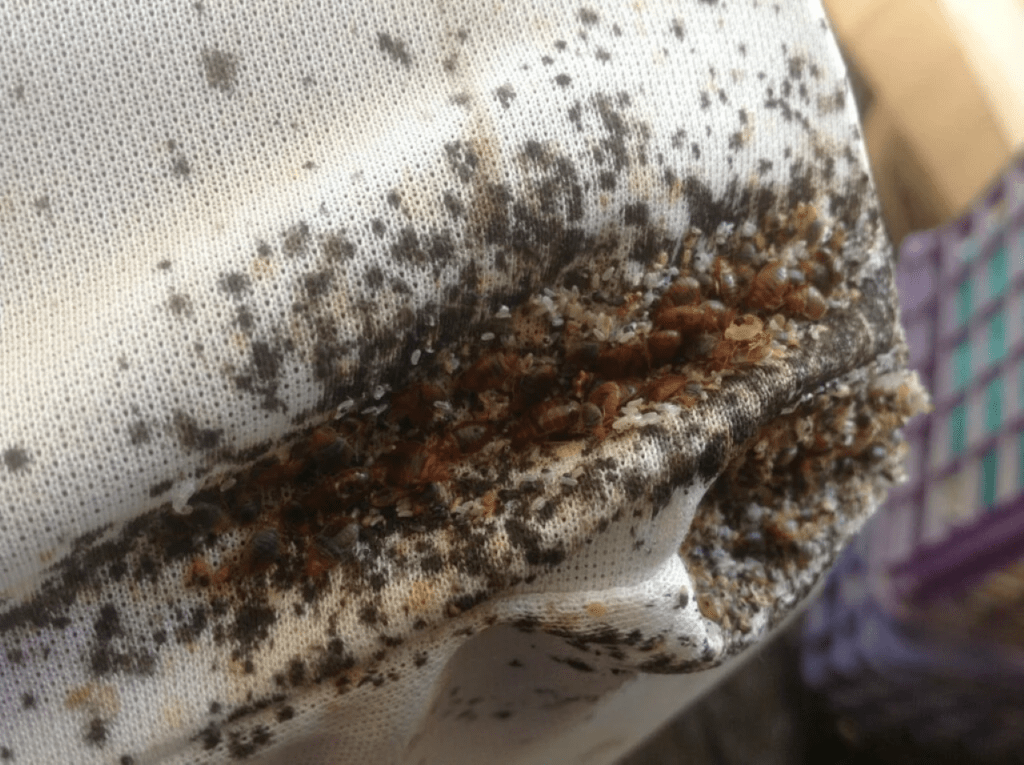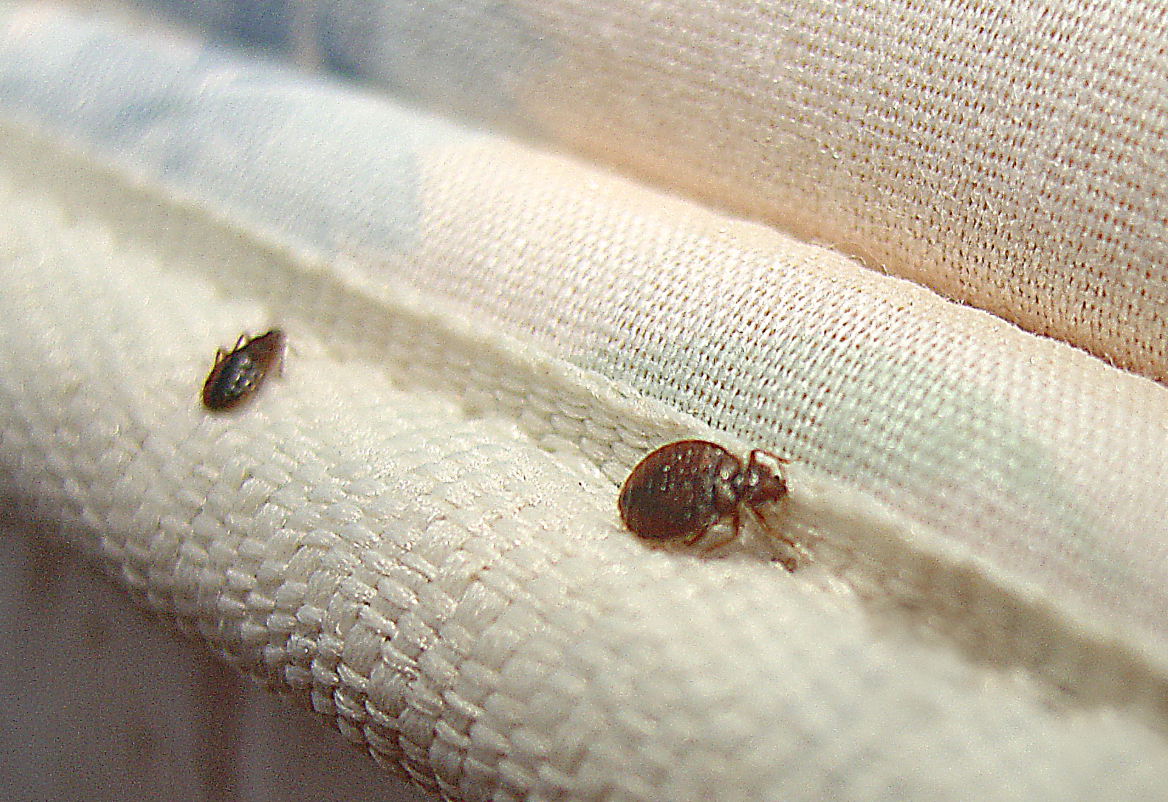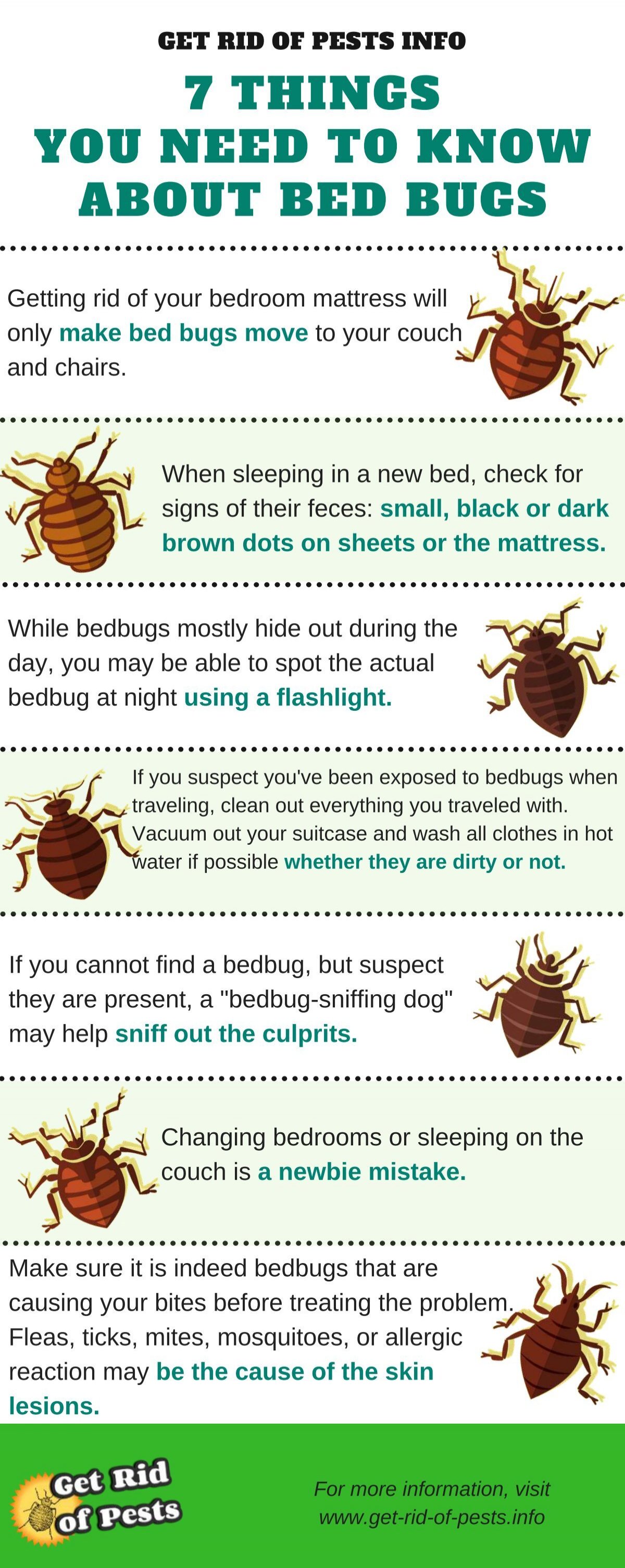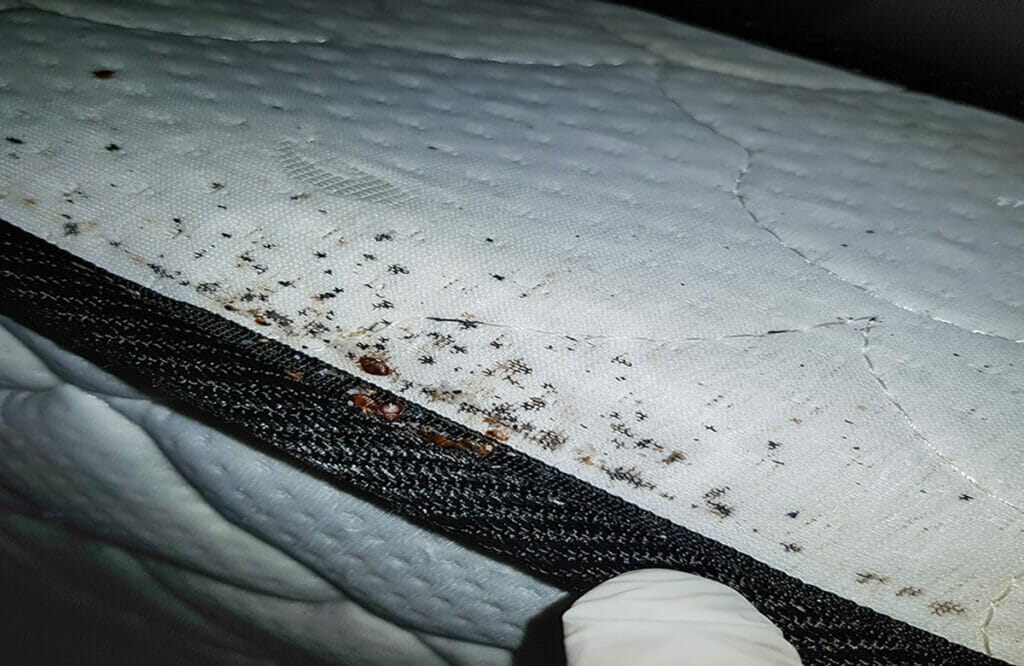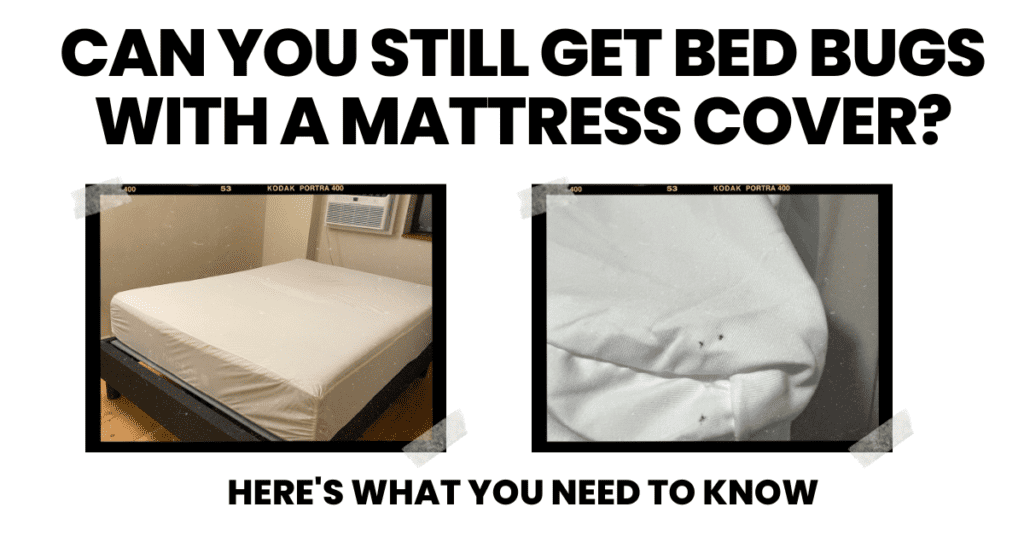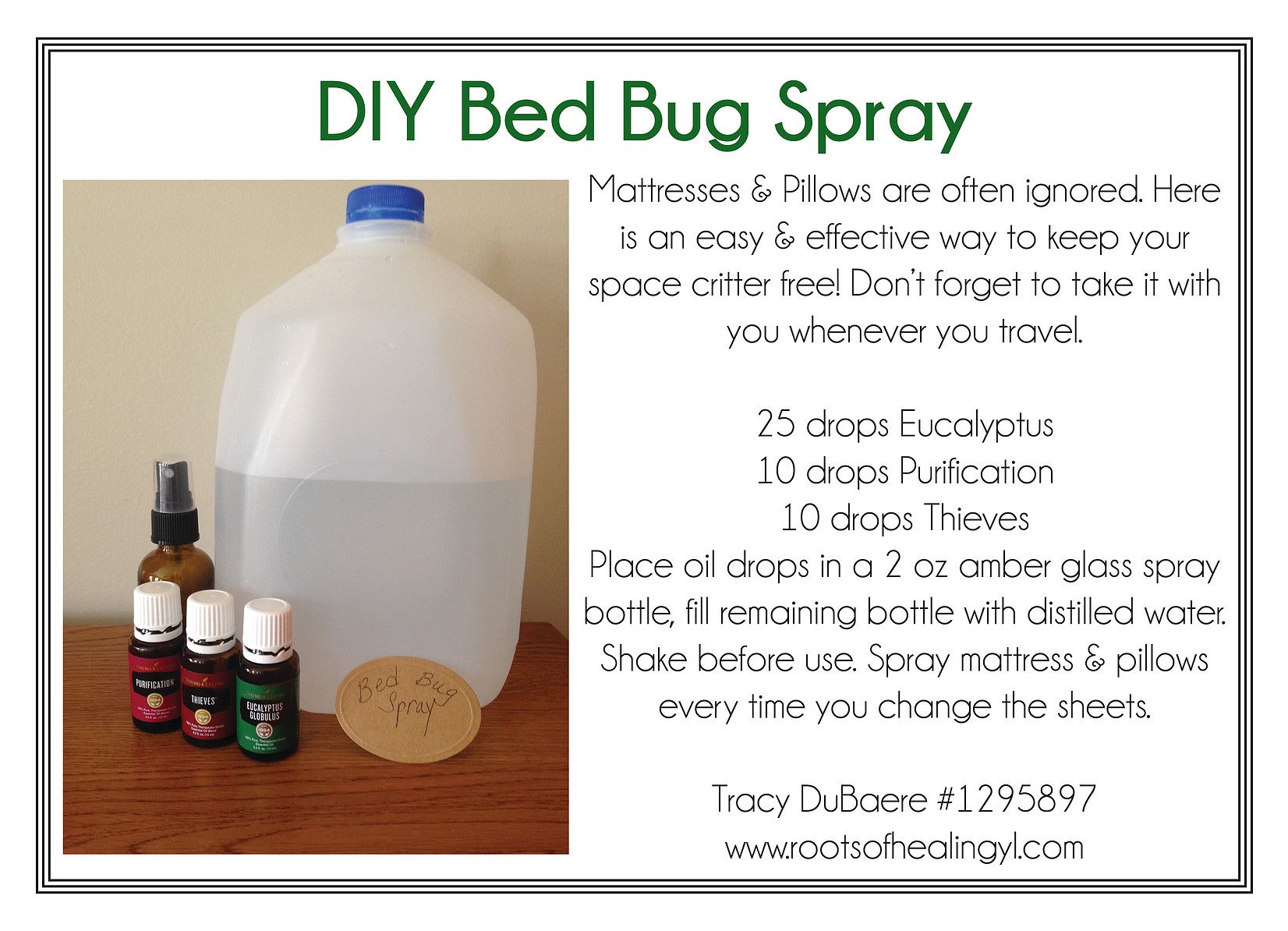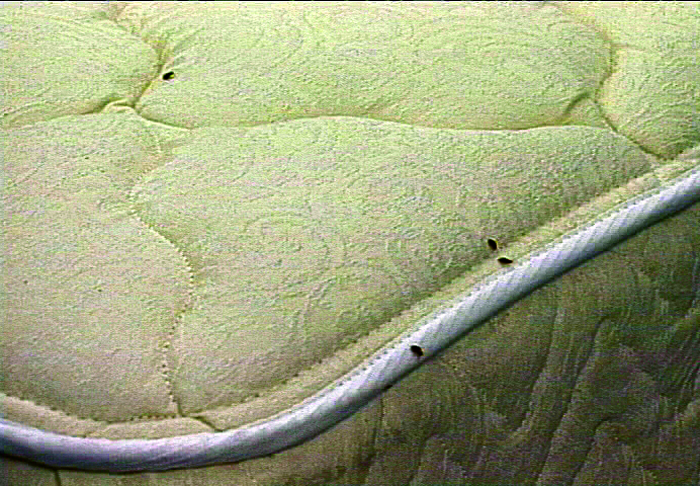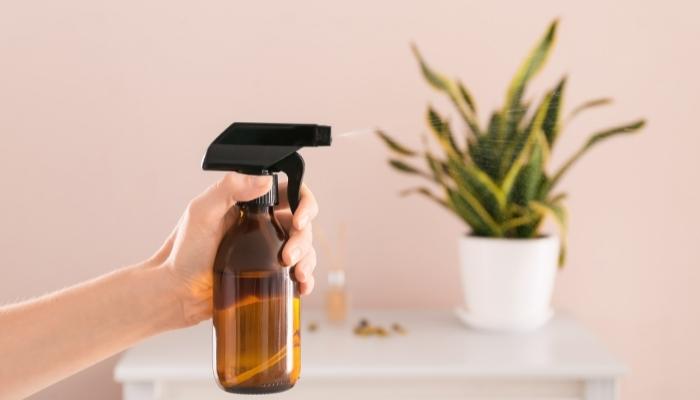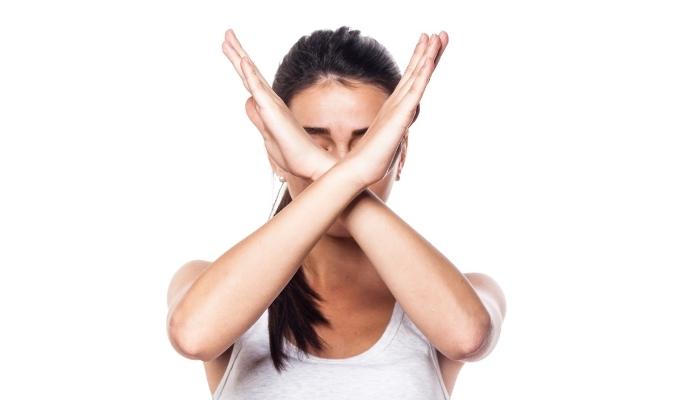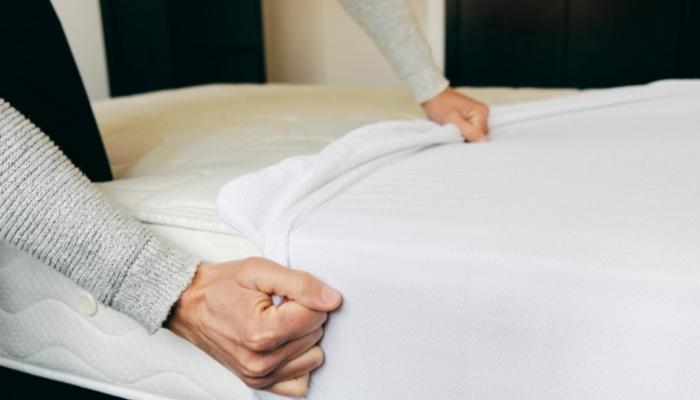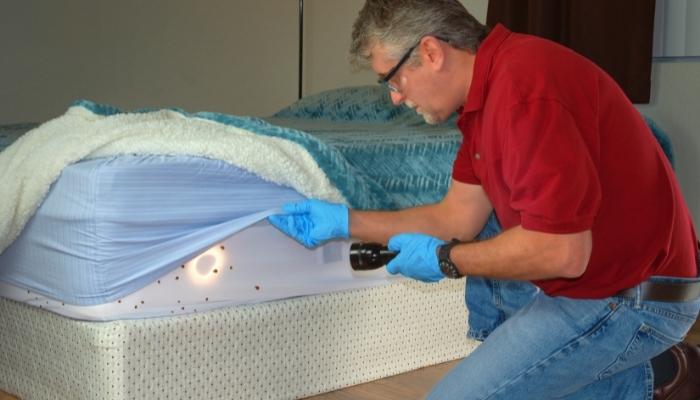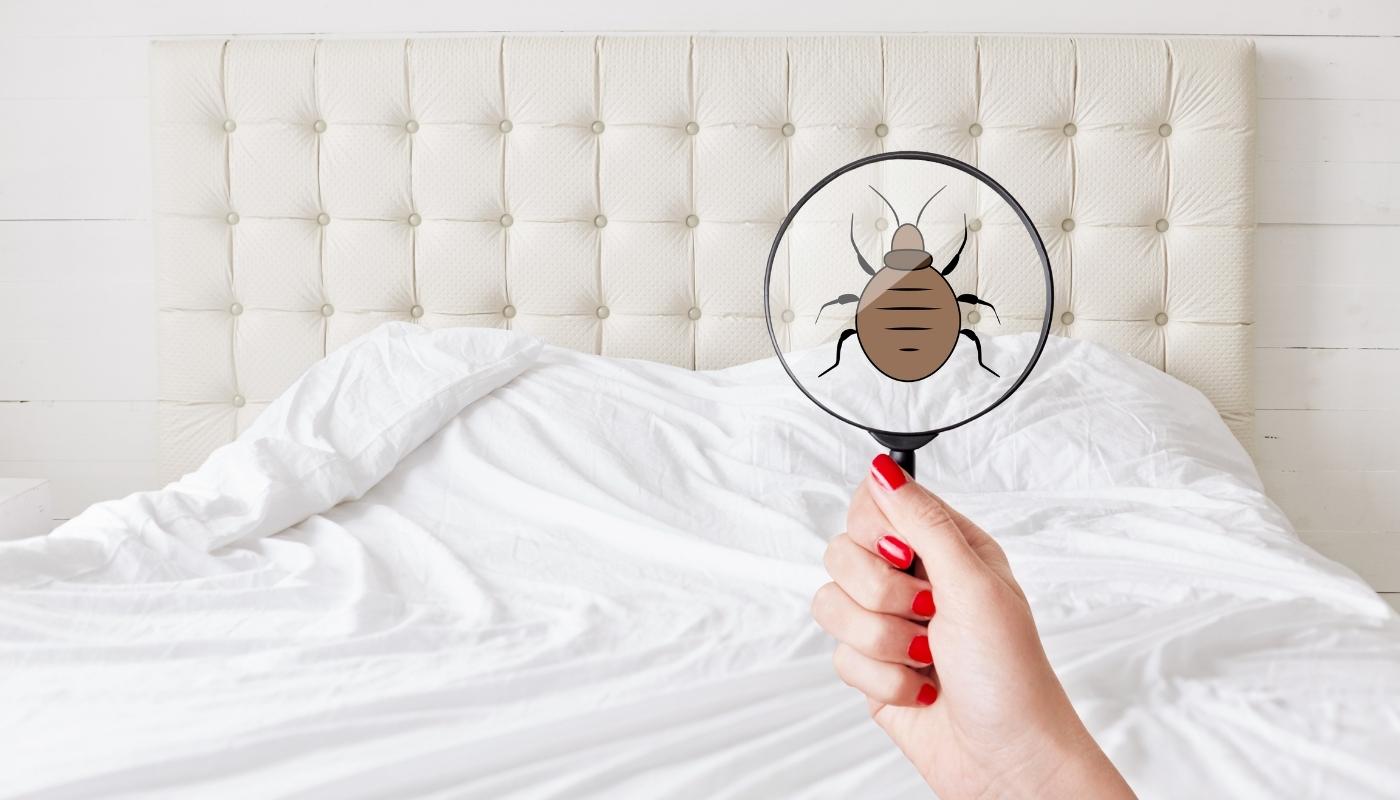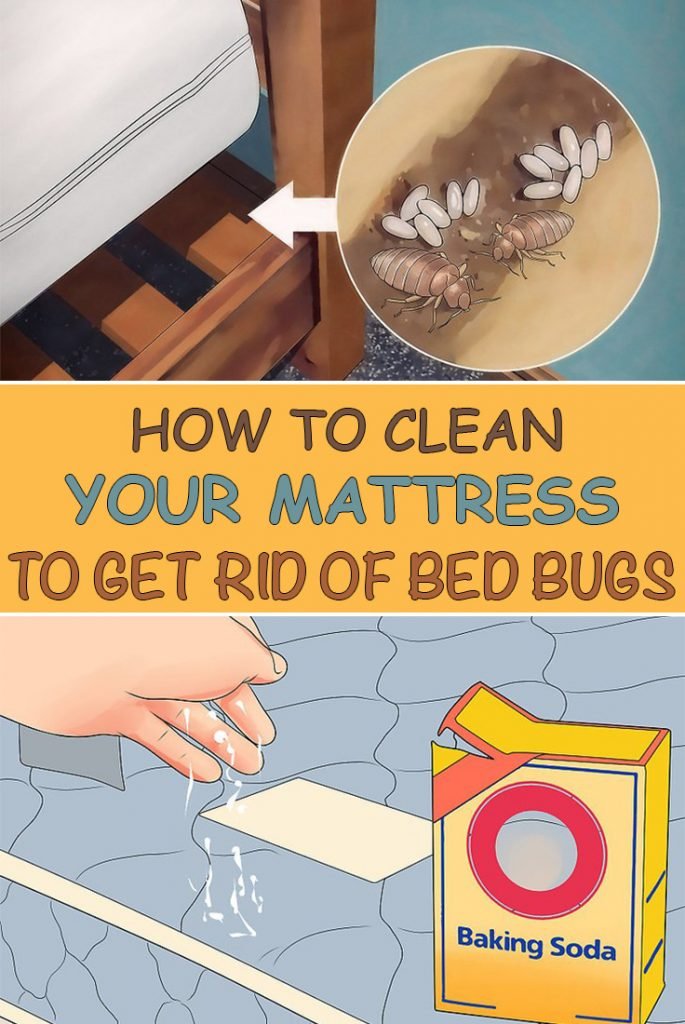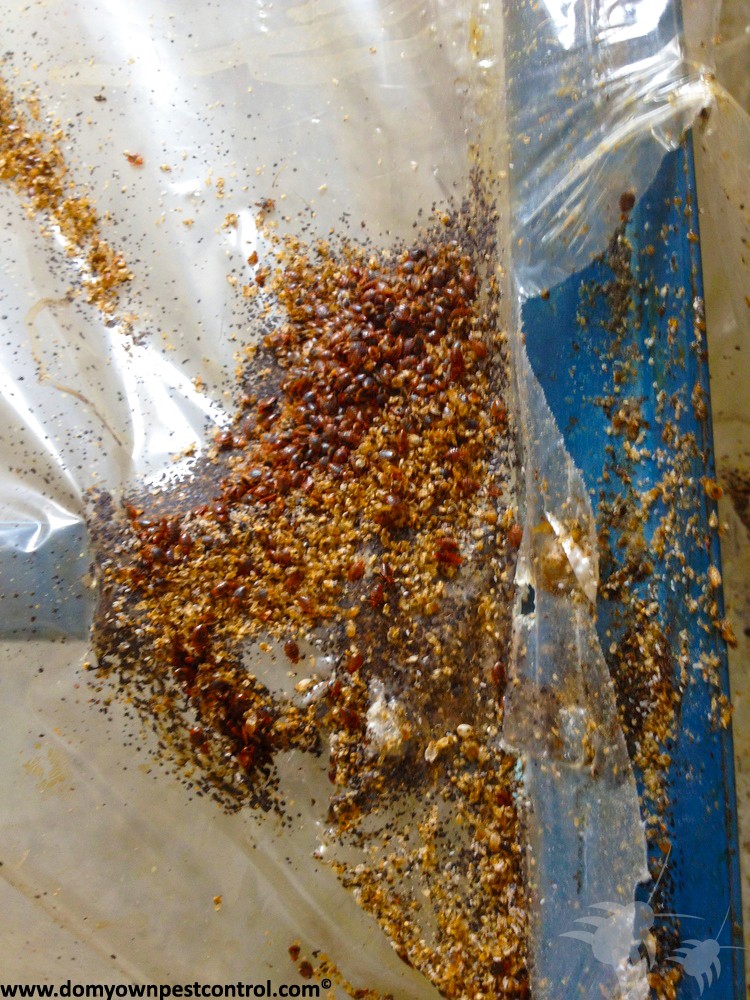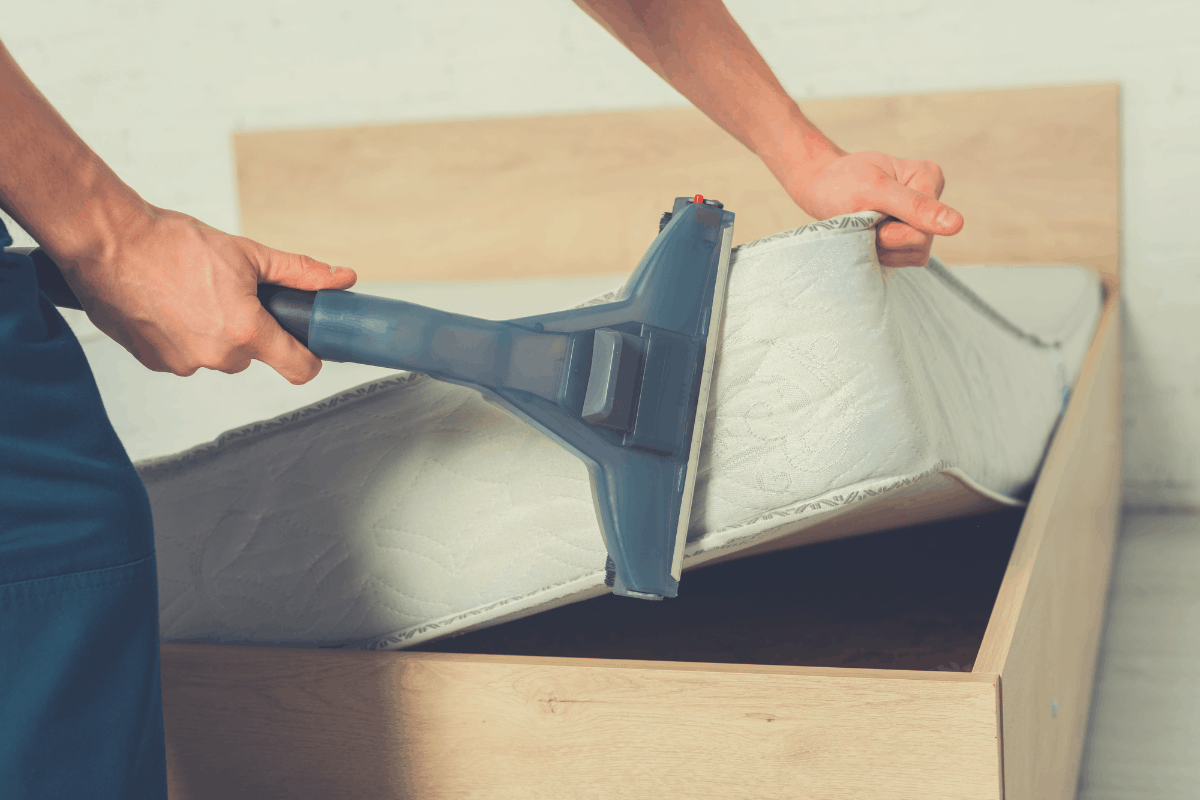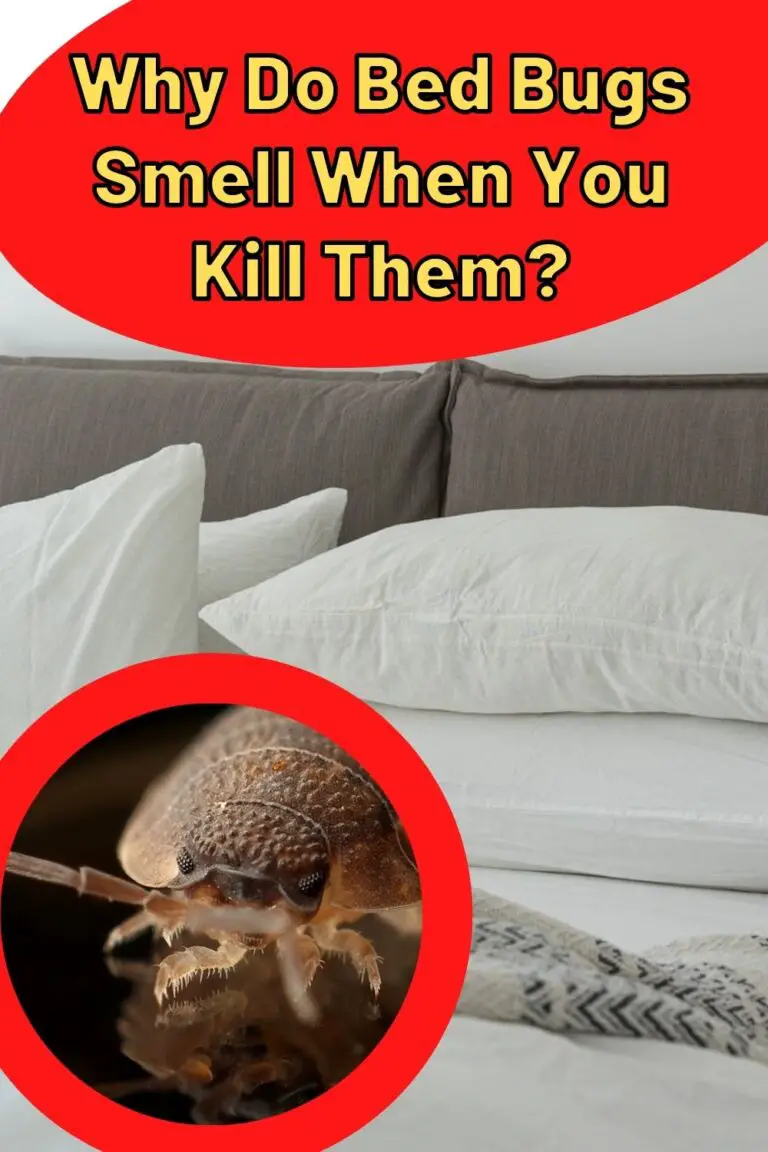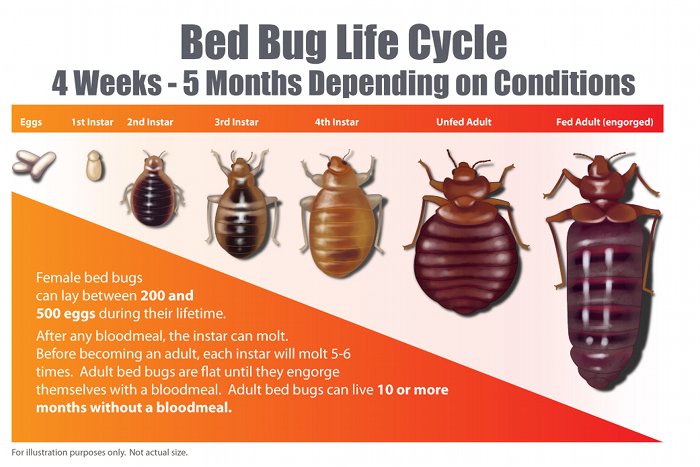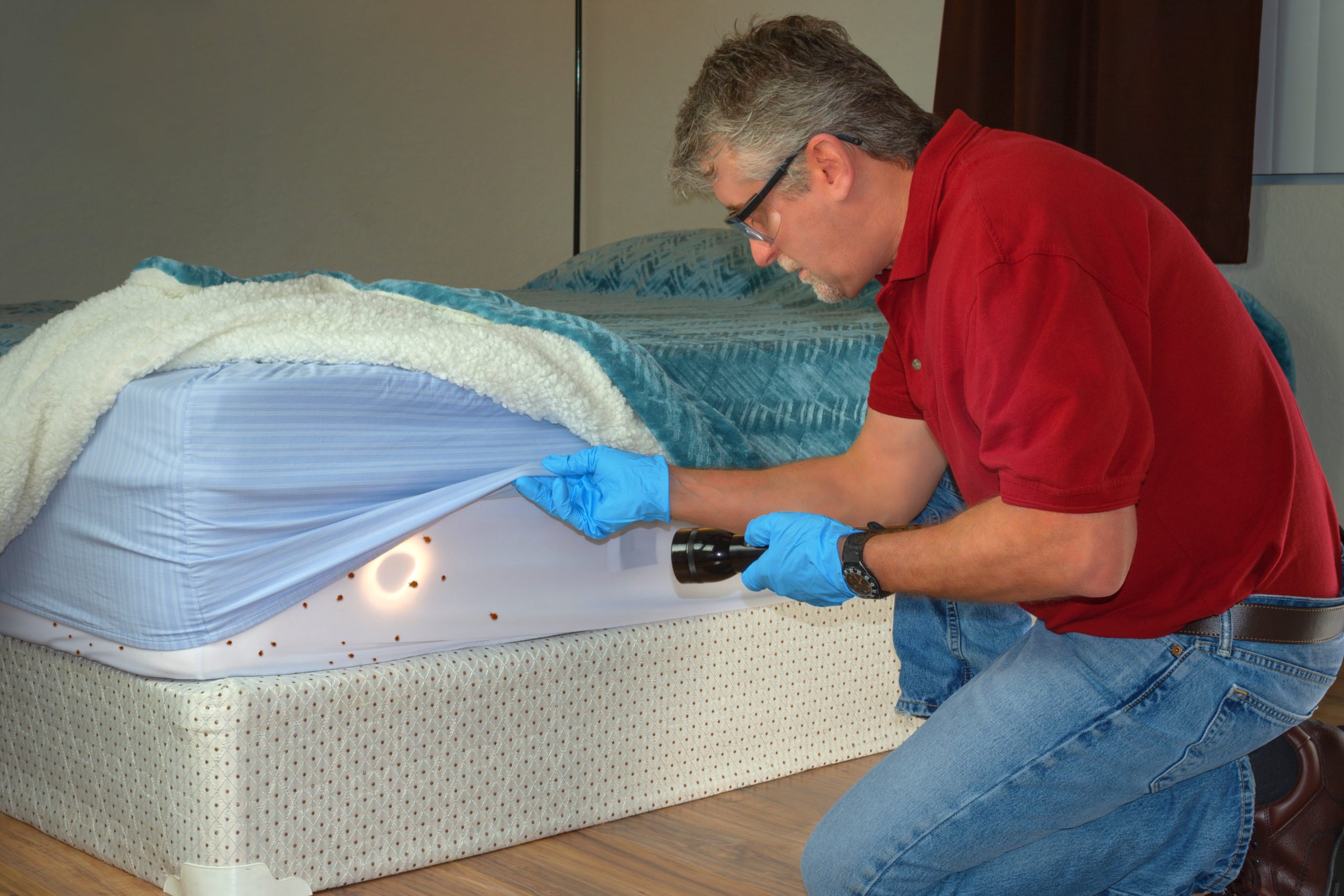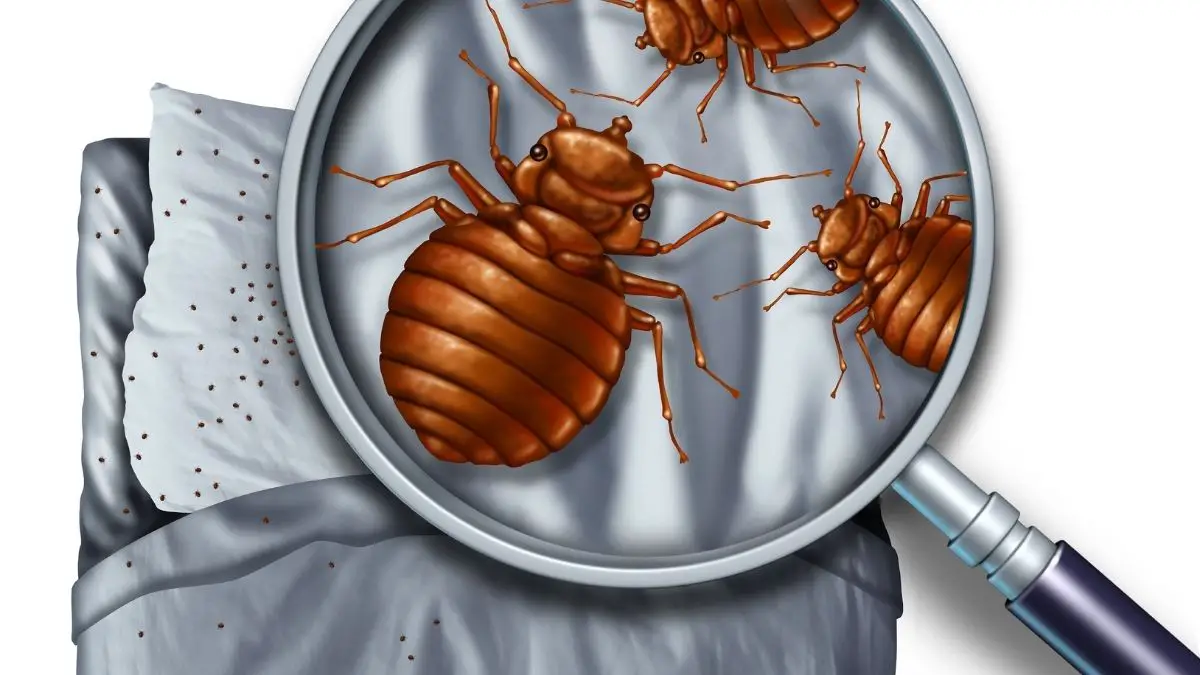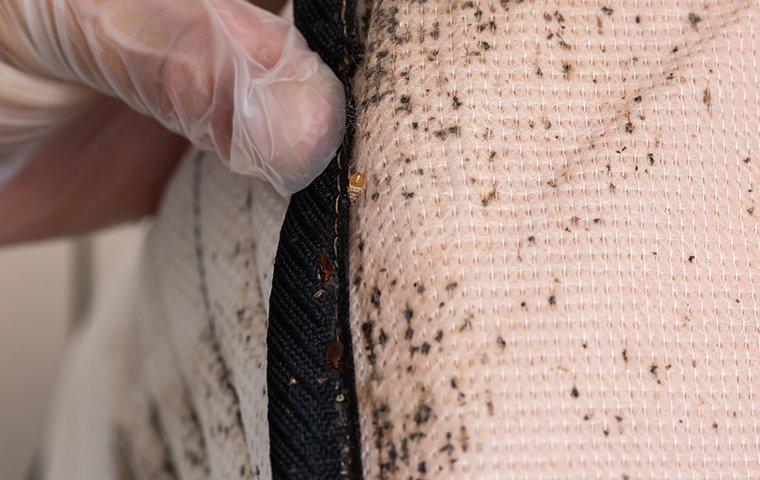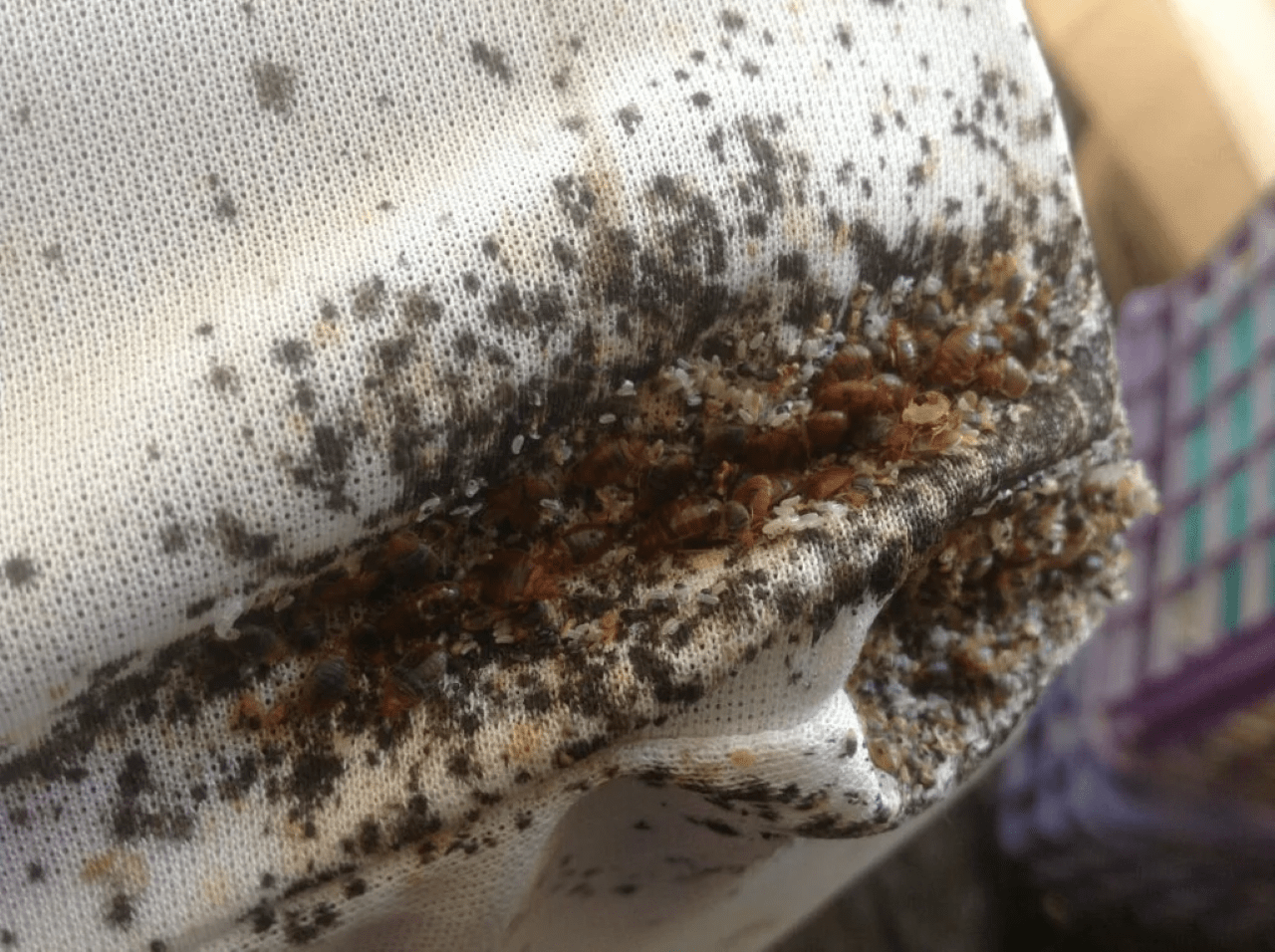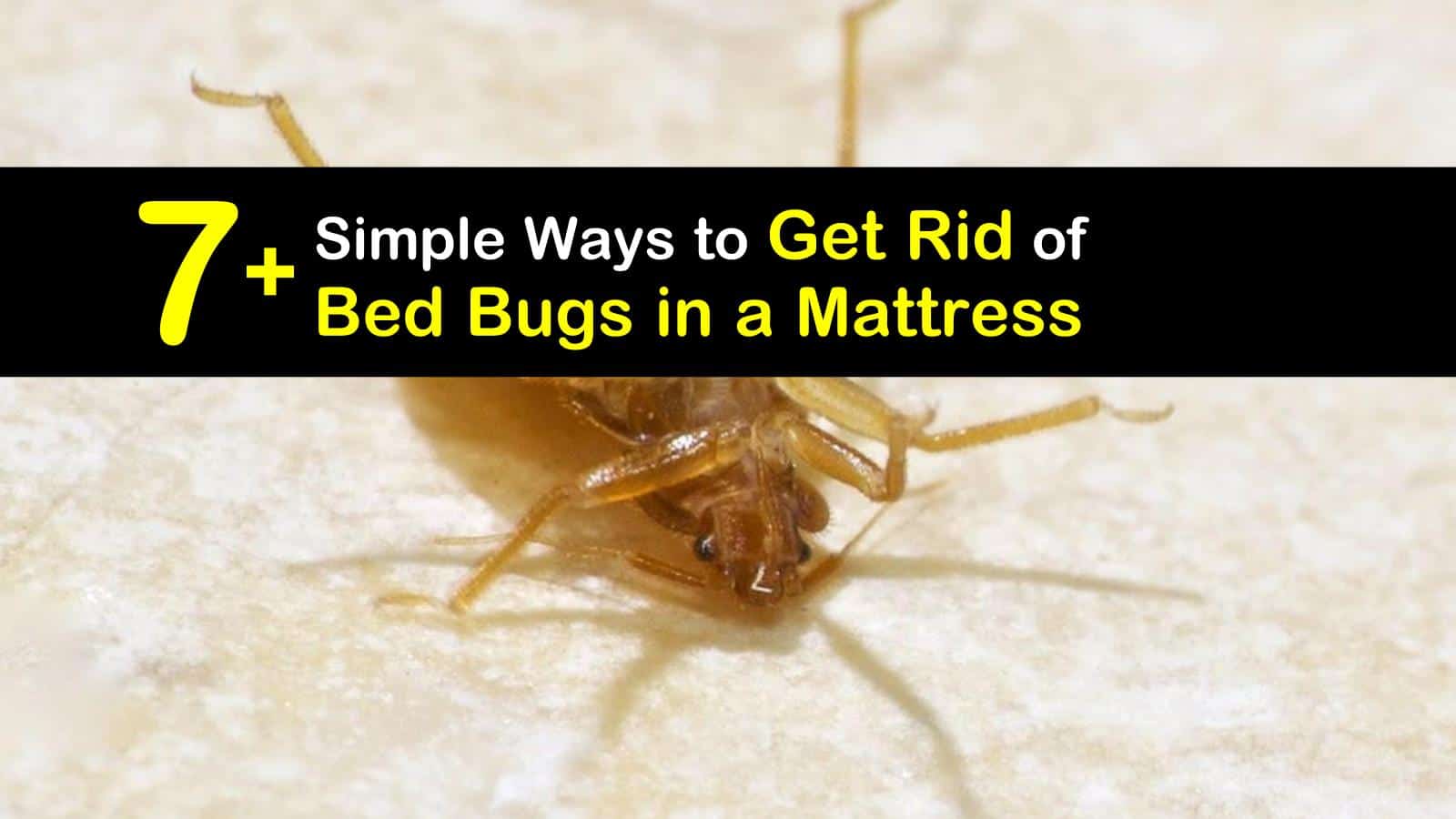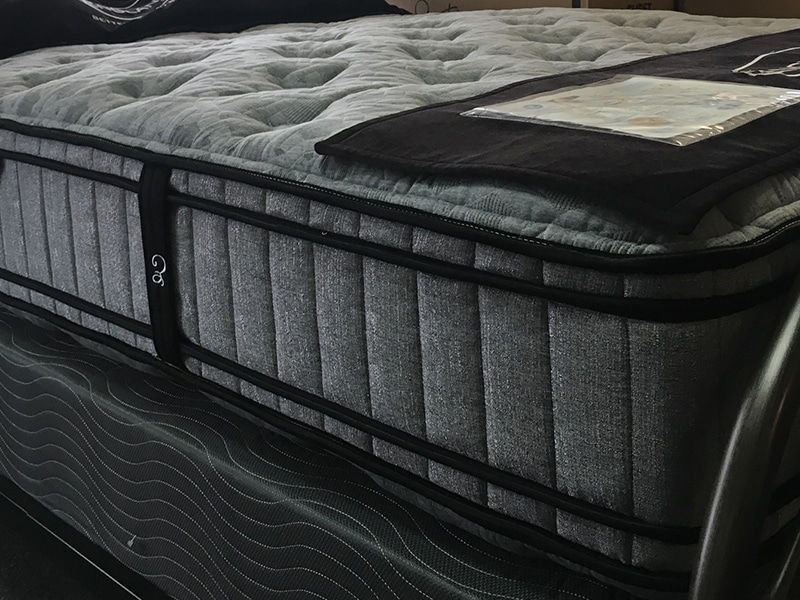Dealing with bed bugs in your mattress can be a frustrating and stressful experience. These tiny insects can cause itchy bites and disrupt your sleep, making it essential to get rid of them as soon as possible. Here are some effective methods to eliminate bed bugs in your mattress: Thoroughly Vacuum Your Mattress One of the first steps to get rid of bed bugs in your mattress is to vacuum it thoroughly. Use a vacuum with a HEPA filter to ensure that you capture all the bed bugs and their eggs. Pay close attention to the seams, crevices, and tufts of the mattress where bed bugs often hide. Wash and Dry Your Bedding on High Heat Washing your bedding on high heat can help kill bed bugs and their eggs. Make sure to use hot water and dry your bedding on the highest possible setting for at least 30 minutes. This will help eliminate any bed bugs that may have infested your sheets and pillowcases. Use an Insecticide Spray If the infestation is severe, you may need to use an insecticide spray to get rid of the bed bugs. Make sure to choose a product specifically designed for bed bugs and follow the instructions carefully. It's important to note that insecticide sprays may not be safe for use on your mattress, so it's best to only use them on the surrounding areas.1. How to Get Rid of Bed Bugs in a Mattress
Bed bugs are small, flat, oval-shaped insects that are reddish-brown in color. They are about the size of an apple seed and can easily hide in small cracks and crevices. Here are some signs that you may have bed bugs in your mattress: Bite Marks on Your Skin Bed bug bites often appear as small, red, itchy bumps on your skin. They may be in a straight line or clustered together and are commonly found on areas of the body that are exposed during sleep, such as the arms, legs, neck, and face. Blood Stains on Your Sheets When bed bugs feed on their host's blood, they may leave behind small bloodstains on your sheets. These stains may be a sign that bed bugs are present in your mattress, especially if they are near the seams or edges. Dark Spots on Your Mattress Bed bugs leave behind dark-colored spots on your mattress, which are their fecal matter. These spots may be found on the sheets, mattress, or even the walls near your bed. They may also emit a musty, sweet odor.2. Signs of Bed Bugs in a Mattress
Yes, bed bugs can live in a mattress. In fact, they prefer to hide in warm, dark, and secluded places, making your mattress an ideal spot for them to hide and reproduce. Bed bugs can survive for several months without feeding, making it difficult to eradicate them completely. However, it's important to note that bed bugs do not only reside in mattresses. They can also be found in other areas of your home, such as furniture, cracks in walls, and even behind electrical outlets.3. Can Bed Bugs Live in a Mattress?
If you suspect that you have bed bugs in your mattress, there are a few steps you can take to confirm your suspicions: Inspect Your Mattress Thoroughly Use a flashlight and carefully inspect your mattress for any signs of bed bugs. Look for dark spots, blood stains, or live bugs crawling around. Pay close attention to the seams, tufts, and edges of the mattress. Check Other Areas of Your Home Even if you don't find any signs of bed bugs in your mattress, it's important to check other areas of your home as well. Look for signs of bed bugs in your furniture, curtains, and even behind wall hangings. Use Bed Bug Traps You can also use bed bug traps to help confirm the presence of bed bugs in your mattress. These traps use glue to catch the bugs as they try to crawl onto your bed. If you catch any bed bugs in the traps, it's a good indication that your mattress is infested.4. How to Check for Bed Bugs in a Mattress
If you prefer to use natural methods to get rid of bed bugs in your mattress, here are some remedies that may be effective: Diatomaceous Earth Diatomaceous earth is a natural substance that is made from the fossilized remains of tiny aquatic organisms. It is known to be effective in killing bed bugs by dehydrating them. Sprinkle a thin layer of diatomaceous earth on your mattress and leave it for a few days before vacuuming it up. Lavender Oil Lavender oil has a strong scent that is known to repel bed bugs. Mix a few drops of lavender oil with water and spray it on your mattress. Repeat this process regularly to keep bed bugs at bay. Tea Tree Oil Tea tree oil is another natural remedy that can help eliminate bed bugs. Mix a few drops of tea tree oil with water and spray it on your mattress and surrounding areas. This will not only kill any bed bugs present but also help to prevent future infestations.5. Natural Remedies for Bed Bugs in a Mattress
Preventing bed bugs from infesting your mattress is key to avoiding a full-blown infestation. Here are some tips to help prevent bed bugs in your mattress: Inspect Second-Hand Furniture If you're considering purchasing second-hand furniture, it's important to thoroughly inspect it for any signs of bed bugs before bringing it into your home. This includes mattresses, couches, and other upholstered items. Encase Your Mattress Invest in a bed bug-proof mattress encasement to protect your mattress from bed bugs. These encasements are specially designed to prevent bed bugs from entering or escaping your mattress. Keep Your Home Clean and Clutter-Free Bed bugs thrive in cluttered and dirty environments, so keeping your home clean and clutter-free is essential. Vacuum regularly, wash your bedding on high heat, and declutter your bedroom to reduce the chances of a bed bug infestation.6. How to Prevent Bed Bugs in a Mattress
If you have a severe bed bug infestation in your mattress, it may be necessary to seek professional treatment. A pest control expert will have the knowledge and tools to effectively eliminate all bed bugs and their eggs. Heat Treatment One of the most effective methods of getting rid of bed bugs in a mattress is heat treatment. This involves using specialized equipment to raise the temperature of your mattress and kill all bed bugs and their eggs. Chemical Treatment Chemical treatment may also be used to eradicate bed bugs in your mattress. However, it's important to note that these chemicals may be harmful to your health, so it's best to leave this method to the professionals.7. Professional Treatment for Bed Bugs in a Mattress
Once you have successfully eliminated all bed bugs from your mattress, it's important to thoroughly clean it to remove any remaining debris and allergens. Here's how: Vacuum Thoroughly Use a vacuum with a HEPA filter to thoroughly clean your mattress. Pay close attention to the seams, crevices, and tufts where bed bugs may have been hiding. Steam Clean Your Mattress Steam cleaning is an effective way to kill any remaining bed bugs and their eggs. Use a handheld steamer and go over your mattress, making sure to cover all areas. Wash Your Bedding and Encasement Wash your bedding and mattress encasement on high heat to kill any remaining bed bugs. Make sure to dry them on the highest possible setting for at least 30 minutes to ensure that all bed bugs are eliminated.8. How to Clean a Mattress Infested with Bed Bugs
The lifespan of a bed bug depends on various factors, such as temperature, access to food (blood), and the presence of predators. However, on average, bed bugs can survive for several months to a year without feeding. It's important to note that bed bugs can be resilient and may survive for longer periods if they have access to a host (such as a human) and a comfortable hiding spot (such as a mattress).9. How Long Do Bed Bugs Live in a Mattress?
If your mattress is severely infested with bed bugs and cannot be saved, it's essential to dispose of it properly to prevent the infestation from spreading. Here's how: Wrap the Mattress in Plastic Wrap the mattress in plastic and seal it tightly to prevent any bed bugs from escaping during transport. Make sure to also seal any tears or holes in the plastic to ensure that the bed bugs are contained. Dispose of the Mattress in a Dumpster Take the wrapped mattress to a dumpster or landfill and dispose of it properly. Make sure to inform the waste management company that the mattress is infested with bed bugs to prevent the spread of the infestation. Do Not Donate or Sell an Infested Mattress It's important not to donate or sell a mattress that is infested with bed bugs. This can lead to the spread of the infestation and cause more harm to others. Properly disposing of the mattress is the responsible thing to do. Dealing with bed bugs in your mattress can be a daunting task, but with the right methods and knowledge, it is possible to get rid of them. Remember to act quickly and take preventive measures to avoid future infestations. With a clean and bed bug-free mattress, you can finally enjoy a good night's sleep without any worries.10. How to Dispose of a Mattress with Bed Bugs
Effects of Bed Bugs in the Mattress on House Design

Introduction
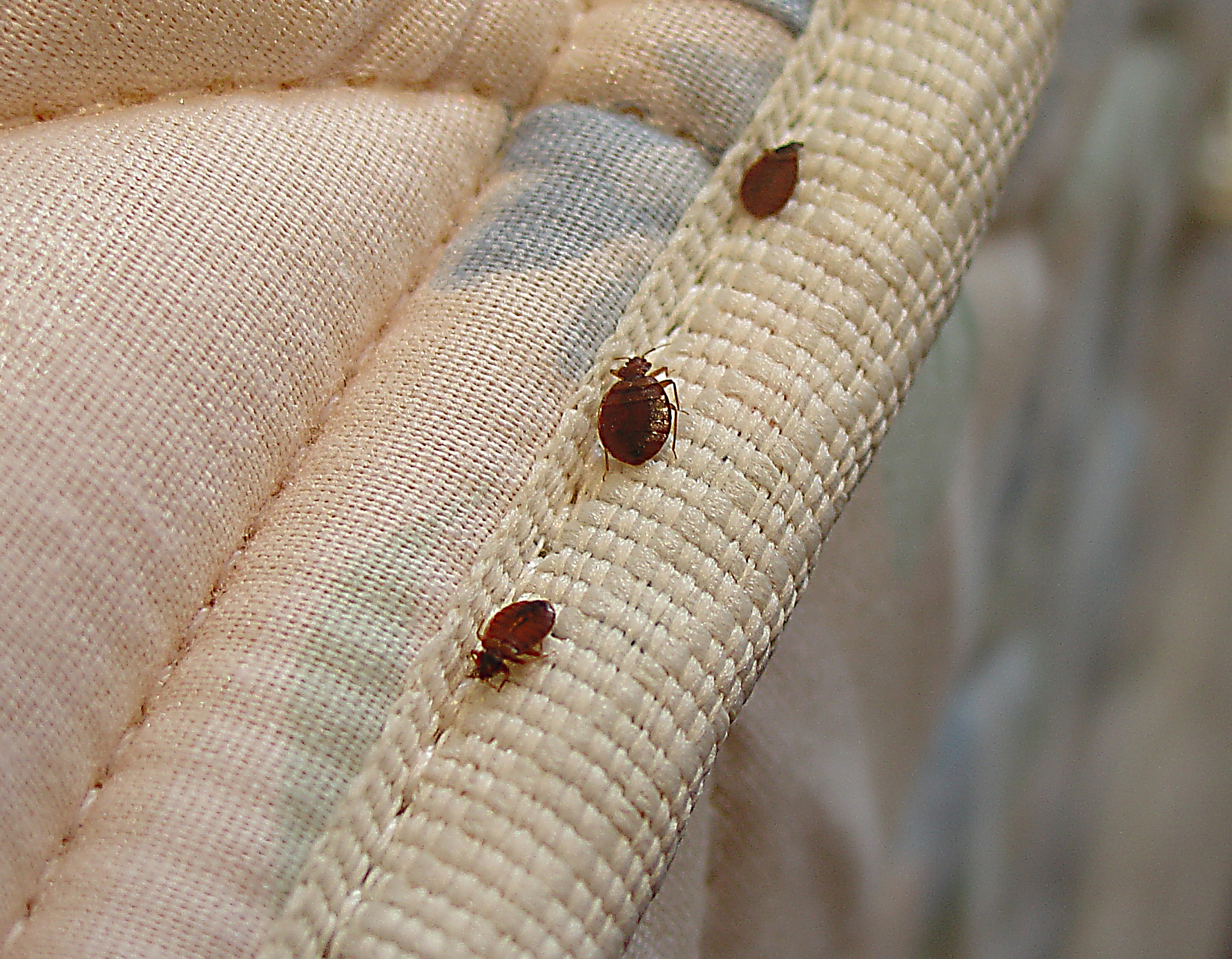 When it comes to designing our homes, we often focus on aesthetics and functionality. We carefully choose the furniture, decor, and color schemes to create a comfortable and visually appealing living space. However, there is one factor that can greatly affect the design of our homes, and it often goes overlooked –
bed bugs in the mattress.
These tiny pests can cause major disruptions in our daily lives and have a significant impact on the overall design of our homes.
When it comes to designing our homes, we often focus on aesthetics and functionality. We carefully choose the furniture, decor, and color schemes to create a comfortable and visually appealing living space. However, there is one factor that can greatly affect the design of our homes, and it often goes overlooked –
bed bugs in the mattress.
These tiny pests can cause major disruptions in our daily lives and have a significant impact on the overall design of our homes.
The Hidden Dangers of Bed Bugs
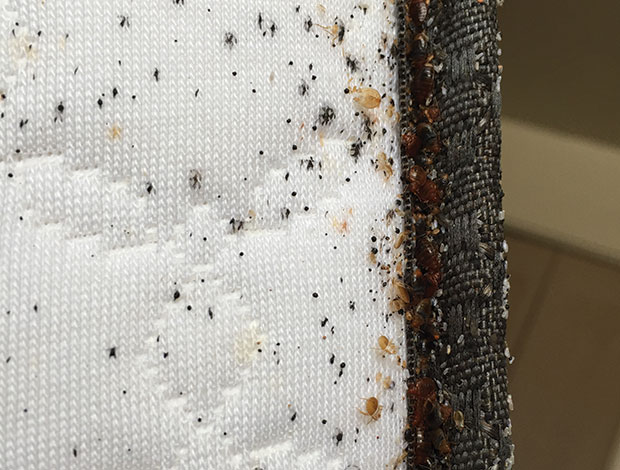 Although they are small in size, bed bugs can wreak havoc on our homes. These blood-sucking insects can quickly multiply and infest every corner of a house, including the mattress.
Bed bugs in the mattress
can cause skin irritation, allergic reactions, and even psychological distress. People who are sensitive to bed bug bites may experience intense itching, redness, and swelling, leading to sleepless nights and discomfort.
Although they are small in size, bed bugs can wreak havoc on our homes. These blood-sucking insects can quickly multiply and infest every corner of a house, including the mattress.
Bed bugs in the mattress
can cause skin irritation, allergic reactions, and even psychological distress. People who are sensitive to bed bug bites may experience intense itching, redness, and swelling, leading to sleepless nights and discomfort.
Unsightly Stains and Odors
 Aside from the physical discomfort,
bed bugs in the mattress
can also leave behind unsightly stains and unpleasant odors. As they feed on blood, they leave behind rusty-colored stains on the mattress, which can be difficult to remove. These stains not only ruin the appearance of the mattress but also emit a musty odor that can linger in the room. This can greatly affect the overall design of the house, as no amount of beautiful decor can mask the presence of these unpleasant stains and smells.
Aside from the physical discomfort,
bed bugs in the mattress
can also leave behind unsightly stains and unpleasant odors. As they feed on blood, they leave behind rusty-colored stains on the mattress, which can be difficult to remove. These stains not only ruin the appearance of the mattress but also emit a musty odor that can linger in the room. This can greatly affect the overall design of the house, as no amount of beautiful decor can mask the presence of these unpleasant stains and smells.
Design Limitations
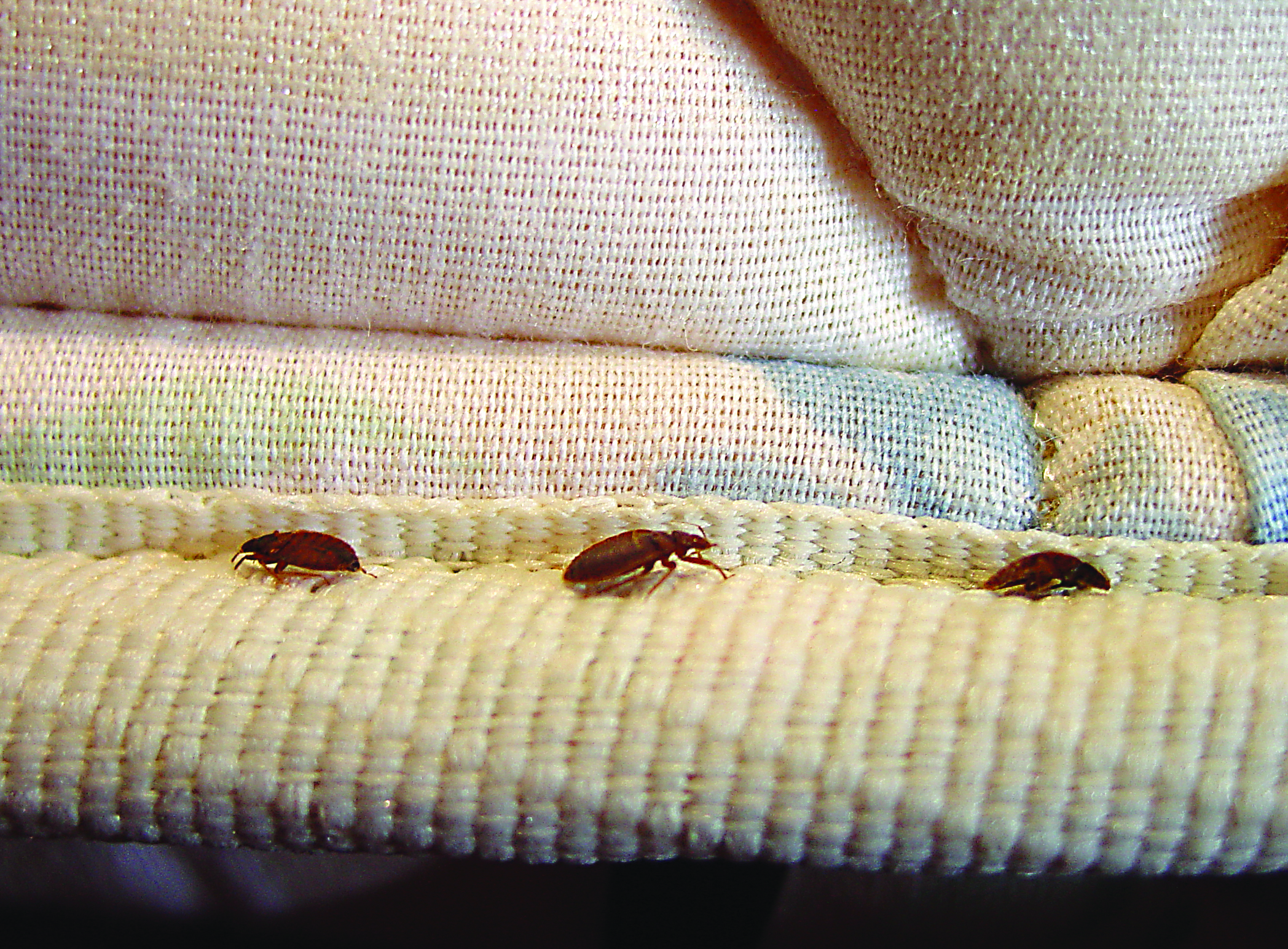 In addition to the physical and visual effects,
bed bugs in the mattress
can also limit our design options for the bedroom. In an effort to get rid of these pests, many people resort to encasing their mattresses in protective covers, which can be bulky and unattractive. Some may even have to replace their mattresses altogether, resulting in added expenses and limitations in terms of design and budget.
In addition to the physical and visual effects,
bed bugs in the mattress
can also limit our design options for the bedroom. In an effort to get rid of these pests, many people resort to encasing their mattresses in protective covers, which can be bulky and unattractive. Some may even have to replace their mattresses altogether, resulting in added expenses and limitations in terms of design and budget.
Conclusion
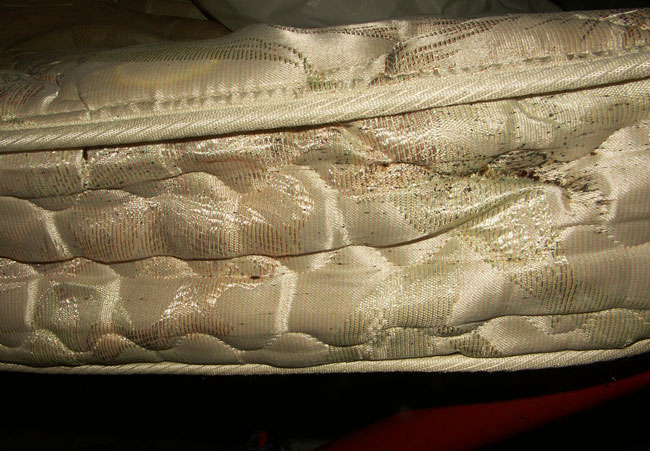 In conclusion,
bed bugs in the mattress
can have a significant impact on the design of our homes. Aside from the physical and health effects, they can also create limitations and challenges when it comes to decorating our living spaces. It is important to take preventative measures to avoid bed bug infestations and address them promptly if they do occur. By doing so, we can maintain a clean, comfortable, and visually appealing home.
In conclusion,
bed bugs in the mattress
can have a significant impact on the design of our homes. Aside from the physical and health effects, they can also create limitations and challenges when it comes to decorating our living spaces. It is important to take preventative measures to avoid bed bug infestations and address them promptly if they do occur. By doing so, we can maintain a clean, comfortable, and visually appealing home.

